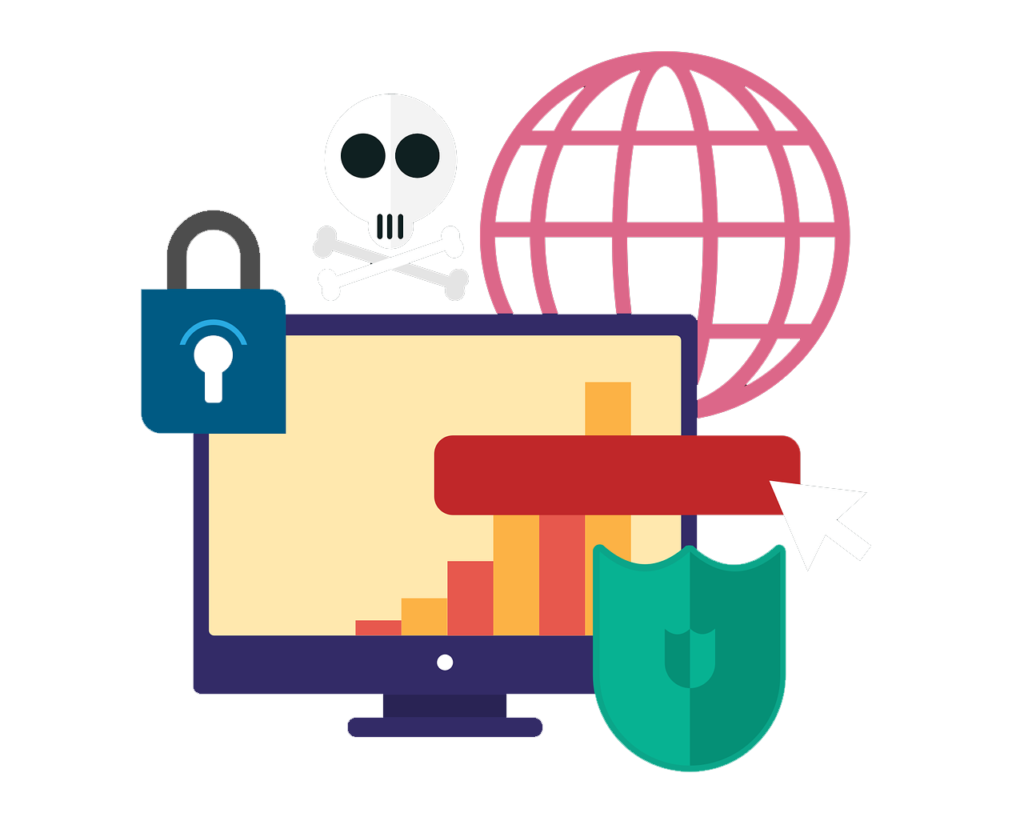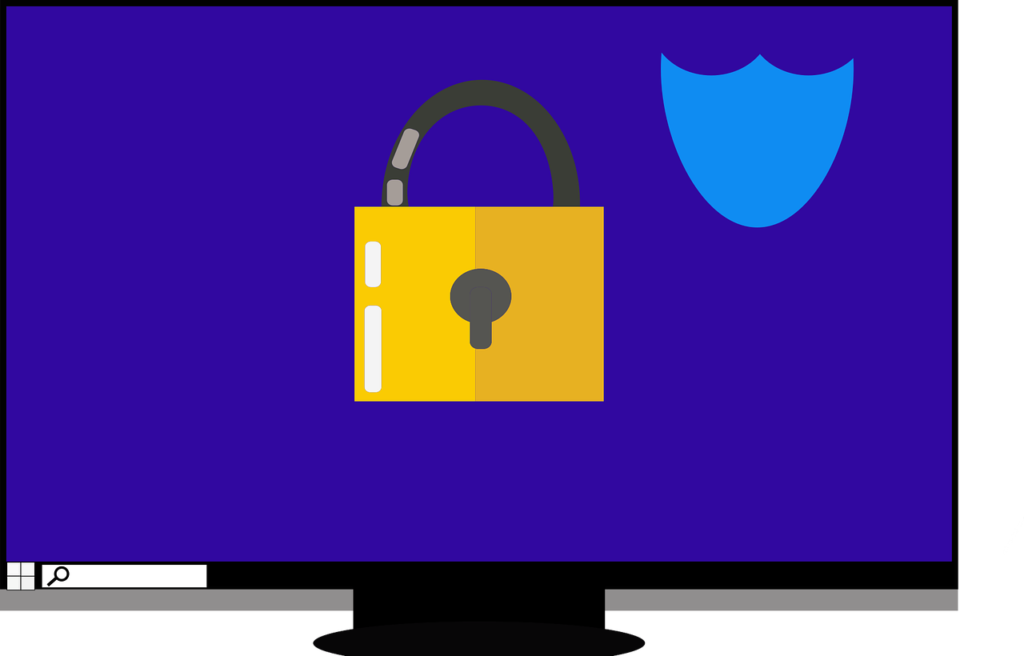Data privacy is becoming a major problem for both individuals and corporations in today’s hyperconnected society. The quantity of private and sensitive information shared online has increased dramatically as technology advances. Our digital footprints are expanding due to social media accounts and online buying habits, therefore it’s critical to comprehend the significance of data privacy in the digital era.
Understanding Data Privacy
Data privacy relates to the proper handling, processing, storage, and use of personal information. It includes people’s rights to be in charge of their data as well as organizations’ duties to safeguard it against abuse and illegal access. The way we interact with data has changed significantly with the emergence of the internet, social media, and mobile devices, making privacy more critical than ever.
The Evolution of Data Privacy Concerns
In the past, problems with data privacy were frequently limited to the physical world. However, personal information is now more susceptible than ever thanks to the development of big data, cloud computing, and the Internet of Things (IoT). High-profile data breaches, such as the Equifax and Facebook instances, have emphasized the possible repercussions of weak data protection.
The Risks of Poor Data Privacy
1. Identity Theft
Identity theft is one of the biggest concerns connected to inadequate data privacy. Cybercriminals have access to private data, including Social Security numbers, credit card numbers, and bank account information. This can result in monetary losses and enduring harm to an individual’s credit history.
2. Financial Fraud
Financial fraud can also be made easier by data breaches. Cybercriminals can use personal information to commit fraud, assume the identity of a person, and take advantage of bank accounts. The victims may experience emotional distress in addition to financial hardship as a result of this.
3. Reputational Damage
A data breach may cause reputational harm to an organization. Consumers anticipate data security from businesses. When there are breaches, confidence is damaged, and companies may suffer serious financial consequences such as losing customers and facing legal action.
4. Regulatory Penalties
Organizations are now responsible for data protection due to the implementation of legislation like the California Consumer Privacy Act (CCPA) in the US and the General Data Protection Regulation (GDPR) in Europe. Legal action and heavy fines may follow noncompliance.

The Benefits of Strong Data Privacy Practices
1. Enhanced Trust
Strong data privacy policies are implemented to build confidence between businesses and their clients. People are more inclined to interact with businesses, provide their information, and stick around when they believe that their data is secure.
2. Competitive Advantage
Prioritizing data privacy can give businesses a competitive advantage in the marketplace. Businesses may stand out from the competition and draw in additional business by demonstrating their dedication to securing client data.
3. Risk Mitigation
Robust data privacy protocols aid in reducing the hazards linked to data breaches. Through the identification and implementation of security measures, companies can mitigate the risk of unauthorized access to confidential data.
4. Compliance with Regulations
Following data privacy laws keeps businesses safe from legal repercussions while also safeguarding consumers. An organization’s credibility and reputation can be improved by adhering to regulations like the CCPA and GDPR.

Best Practices for Data Privacy
1. Implement Strong Security Measures
Strong security measures, including as firewalls, encryption, and secure access restrictions, should be implemented by organizations. To defend against new threats, software and security procedures must be updated on a regular basis.
2. Educate Employees
Employee training is crucial for maintaining data privacy. Staff should be educated about the importance of data protection, recognizing phishing attempts, and adhering to security policies.
3. Limit Data Collection
Organizations should only acquire the data that is necessary for their activities. Reducing the quantity of personal data collected makes privacy requirements easier to comply with and reduces the danger of exposure.
4. Conduct Regular Audits
Frequent audits of data privacy can be used to find security holes and evaluate how well privacy laws are being followed. These audits should be carried out by organizations to make sure that data protection policies are current and effective.
5. Develop a Privacy Policy
Customers must be informed about how their data will be handled and safeguarded by a clear privacy policy. Increased consumer loyalty and trust are two benefits of this transparency.
6. Use Data Minimization Techniques
Data reduction is the practice of using personal information only as much as is required to fulfill predetermined goals. This procedure complies with legal standards while also lowering dangers.

The Role of Individuals in Data Privacy
People also have an obligation to secure their personal data, even though organizations are important players in data protection. These are some actions that people can take:
1. Be Aware of Privacy Settings
Users can regulate how their data is shared on most online platforms by utilizing the privacy settings. Reviewing and modifying these settings on a regular basis can aid in the security of personal data.
2. Use Strong Passwords
Using strong, unique passwords for different accounts can reduce the risk of unauthorized access. Consider using a password manager to keep track of passwords securely.
3. Be Cautious with Personal Information
Sharing personal information online, especially on social media, should be done with caution. Reducing the quantity of personal information disclosed can aid in preventing identity theft.
4. Stay Informed About Data Breaches
Those who are aware of possible data breaches can move swiftly to stop them. It can be advantageous to use services that keep an eye out for data breaches and notify customers of any hazards.
Conclusion
The value of data privacy in the digital age cannot be emphasized. Data privacy must be given top priority by both individuals and companies due to the growing frequency of cyber attacks and the rising demands for data protection. Through the implementation of robust security protocols, employee education, and ethical data management practices, we can jointly establish a digital environment that is safer for all users.
Call to Action
Today, take control of your data privacy! Examine your online security procedures, make privacy setting updates, and keep up with the most recent developments in data security. In this digital age, we can work together to make sure that our personal information is safe.
